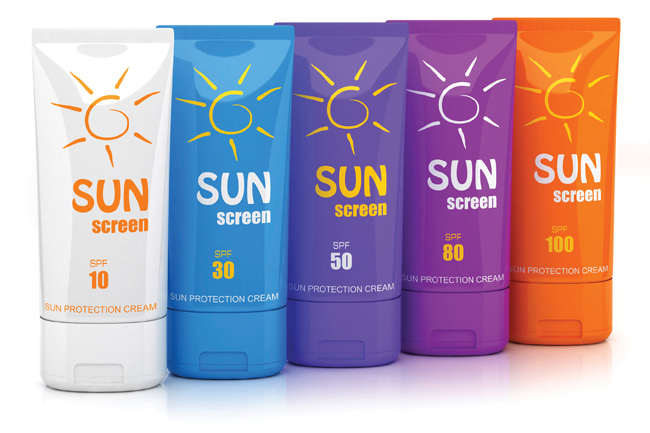Outdoor Workers at Risk of Sun Exposure

A research survey conducted by a healthcare company has concluded that gaps in employers’ policies are putting outdoor workers at risk of harmful UV radiation exposure.
The healthcare company AXA PPP commissioned an online survey of 2000 adults in the UK, 647 of whom spend 50% or more of their working time outdoors.
The poll of outdoor workers found that:
- over half (56%) were unaware whether their own company had a policy on sun protection
- only one in six (16%) worked for companies that provided free sunscreen
- just one in seven (14%) used sunscreen when working outdoors
- nearly half (44%) said that their employer should be required to provide them and colleagues who work outdoors with sunscreen
As it released the survey results, the healthcare company also highlighted figures from Cancer Research UK which show the incidence rates of malignant melanoma in Great Britain have been increasing more rapidly than those of any other of the ten most common cancers.
In addition, other statistics from Public Health England show that hospital admissions for treatment of skin cancer have risen by 41% in the past five years.
Commenting on the survey, Dr Steve Iley, AXA PPP’s Medical Director for Health Services, said, “Our research demonstrates that employers are not providing outdoor workers with the necessary advice on sun protection despite the Health and Safety Executive’s warning that UV radiation should be considered an occupational hazard for people who work outdoors.”
He added, “Companies have a duty of care to safeguard their employees’ health and safety and, as such, they need to regularly review their sun protection policies to ensure they’re fit for purpose.”
HSE Guidance
The HSE publication INDG337 Sun Protection: Advice for Employers of Outdoor Workers states that “UV radiation should be considered an occupational hazard for people who work outdoors” and as such the normal legal requirements would apply.
Employers should conduct a risk assessment, particularly when outdoor work is scheduled for the period from April to September, when UV radiation levels peak, to assist in developing appropriate sun protection measures.
Such an assessment may take into account the tasks that may involve solar UV radiation exposure, the frequency and time of day at which the task is to take place, the amount of shade that will be available or provided by the physical environment, and the presence of any photosensitising substances.
The most likely factor that can be accurately assessed is the susceptibility of the individual to UV radiation. Anyone whose work involves a lot of time spent outside is potentially at risk but those with fair skin, who have had long-term exposure to UV radiation (eg through living in areas of high UV exposure), who have certain moles, have a family history of skin cancer or have sudden or intense exposure are more at risk.
The more exposure to the sun, the greater the damage, but there are a few simple steps that will help reduce the risk. These can be summarised as follows.
- Examine the possibility of some outdoor jobs being done inside or in a shady location.
- Reschedule some outdoor work to be done earlier or later in the day when the UV radiation is less intense.
- Provide personal protection, eg appropriate clothing, hats, sunscreen.
- Provide people who work in the sun with the appropriate training and education so they understand the dangers.
It should be noted that cancer is not the only risk from the sun. UV radiation also causes premature ageing of the skin and can cause eye damage such as inflammation of the cornea and conjunctiva, known as photokeratitis and photoconjunctivitus respectively. These factors may also be included in the risk assessment.
